The use of AI is spreading fast and we are now expecting the App Store” of the AI era. On the 23rd of March, ChatGPT released yet another huge update. The new update now allows ChatGPT to have access to third-party plug-ins. This will enable further ChatGPT application cases. Starting with a modest number of users, they will slowly expand and solicit feedback on their experiences. Let’s put it this way: the previous ChatGPT was smart, but it also had drawbacks. One of the issues is its inability to connect to the internet which sometimes gives an incorrect response. Yet once this third-party plug-in is active, none of the issues mentioned persists. In the press release, the company gives the app direction of many plug-ins.

New update additions
1. Instant search in real-time
You can ask ChatGPT directly for the most recent info on the Internet, such as game results, market prices, the most recent news, etc. by gaining access to third-party plug-ins. Before now, ChatGPT only has info up to 2021. It can not give responses to an enquiry that is newer than 2021.
2. Accessing a database containing private domain info
ChatGPT was unable to access or learn anything about some internal company documents and individual notes that once belonged to the data in the private domain. ChatGPT can now use this private domain data to study and learn, thanks to third-party plug-ins.
3. Assist users with tasks.
You can speak with ChatGPT directly to assign some app tasks to it, such as ordering food or booking airline tickets.
Simply put, ChatGPT is no longer a language model that can just ask you to respond and cannot update knowledge, thanks to the help of this third-party plug-in. It is like an assistant with AI that can speak in human language. The plug-in is similar to installing “hands” and “ears” on ChatGPT in that it acquires specific knowledge and can also assist us with various daily tasks.
OpenAI has great ambitions
We can also tell that OpenAI has very lofty goals from the initial batch of third-party plug-ins that ChatGPT has made available. These apps span both the usual AI app directions of scientific computing, AI companionship, and program interaction as well as the daily life app directions of travel, shopping, meal ordering, and ticket buying. But seeing truly is believing. The official has provided a number of app demos even though we are still waiting for the trial app.
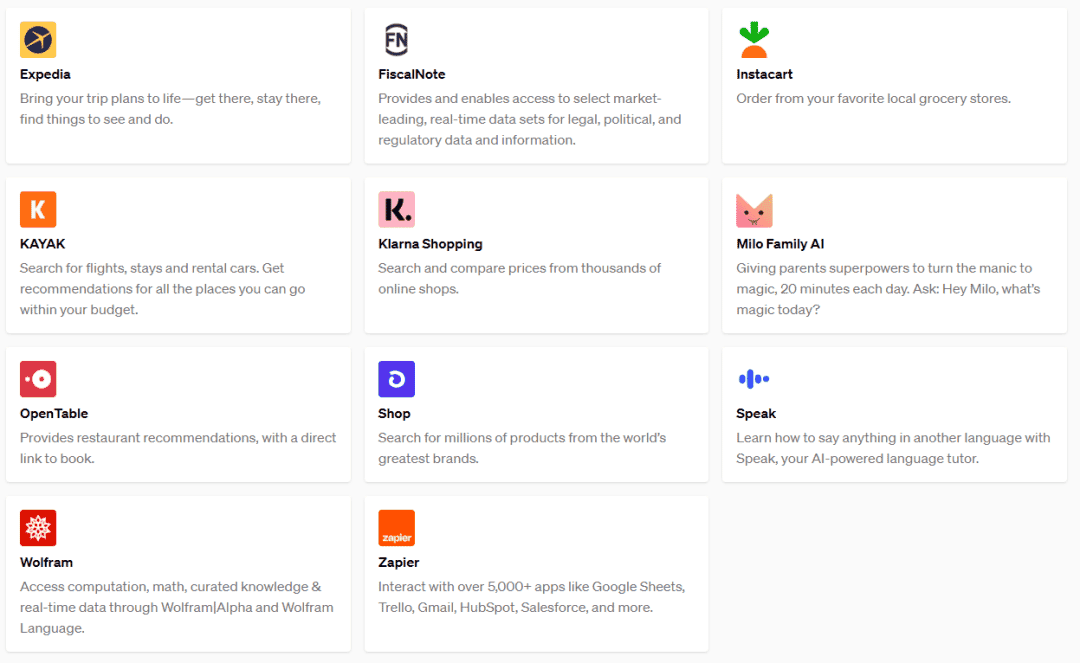
You must first install the necessary plugins from the plugin shop to take part in the first DEMO demonstration.

Here, three plug-ins are chosen: WolframAlpha (for scientific computing), OpenTable (for ordering), and Instacart (shopping plug-in).
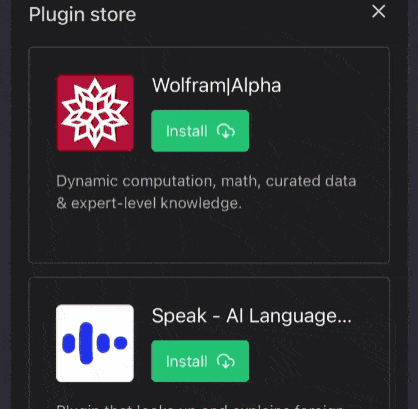
You can directly tell ChatGPT that you want to eat vegetarian food on the weekends. It will promptly suggest a vegetarian restaurant on Saturday, and have it create a Sunday recipe just for you. It will also use WolframAlpha to help you figure out how many calories are in the recipe. Finally, it will assist you in placing an order for quality ingredients.
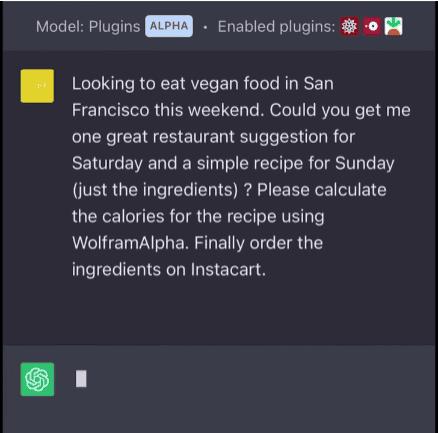
ChatGPT will carry out your orders after you give them. To set up a restaurant for Saturday, call OpenTable first. They may then assist you to create Sunday’s menus to meet your needs. This time, ChatGPT suggests a set of chickpea salads.
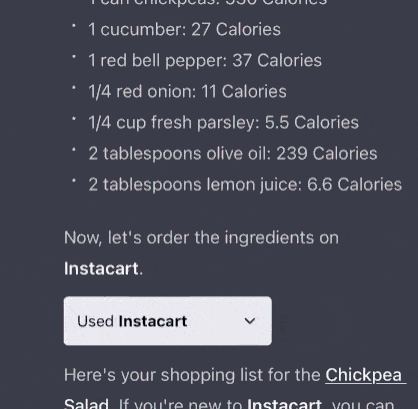
The WolframAlpha plug-in will be used by ChatGPT to estimate the calories of all ingredients after the recipe has been updated. ChatGPT will continue to follow your prior directions.
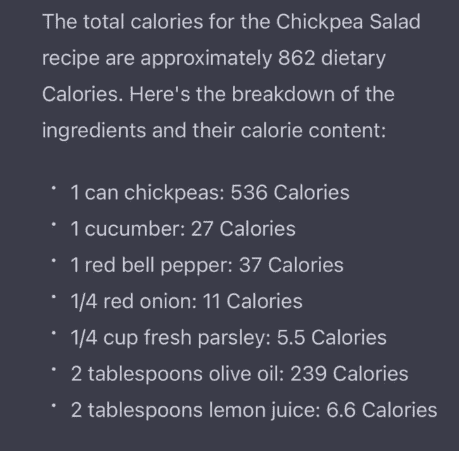
The final stage of ChatGPT involves calling the Instacart plug-in to assist you with buying ingredients in line with the offered recipes. ChatGPT also gives a shopping link; once you click on it, all the items are in your shopping cart and you can proceed to checkout.
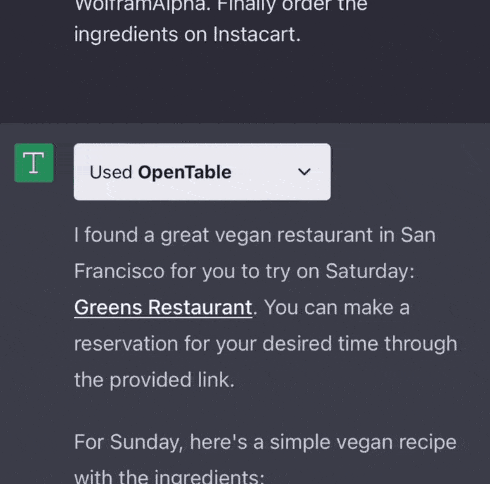
Shopping takes only a few seconds
Though the description above sounds lengthy, the whole shopping process takes only a few seconds. You could think of this as your own custom AI butler, helping you with all kinds of small tasks every day. The official real-time search tool in the second Demo offers a similar user experience to NewBing. Also, this function accesses the Bing search API, provides the search source, and summarizes the results.
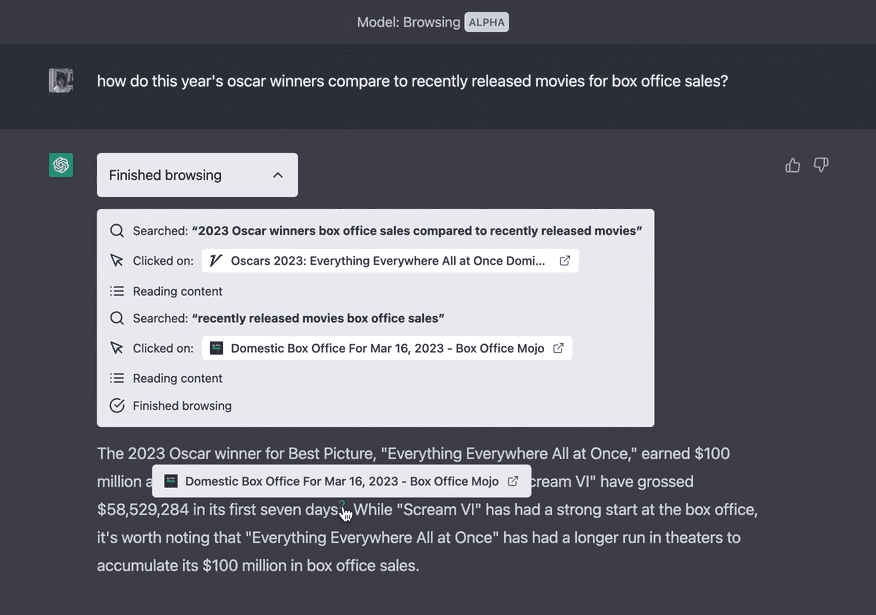
DEMOs – Code Interpreter and Retrieval Plugin.
The former can be used to resolve several quantitative and qualitative math issues. This includes writing relevant equations based on questions in a common language and converting some math formulas into graphs, among other things. As for the search plugin, it enables ChatGPT to access individual or corporate info sources, as the name says (with permission). Specifically, those databases created by your company.
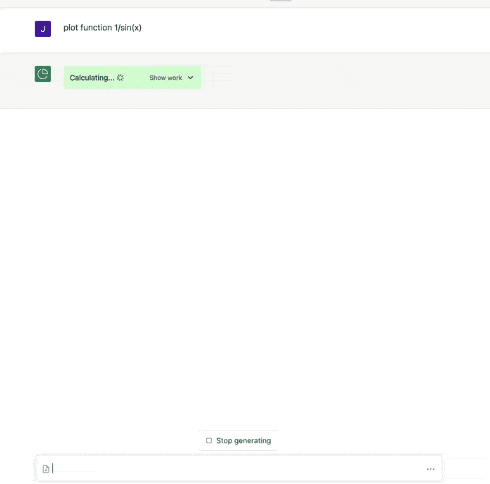
Although it was not initially accessible to ChatGPT, it cannot naturally retrieve these resources. Even so, by using the company’s own retrieval plug-in, ChatGPT is able to learn about and retrieve the company’s own databases and resources. The above demos all serve as a reminder that the AI revolution has already begun.
ChatGPT plugins will change future trends
The future of working has changed as a result of the optimal growth ChatGPT has shown on these plugins. Even writing ChatGPT plugins has often been done using ChatGPT. It is a given that ChatGPT-compatible third-party plug-ins will appear one after the other in the near future. At that point, the security audit of the plug-ins will likely be another major issue that OpenAI must deal with.
ChatGPT will now have an AI store where it will have multiple plug-ins that users can explore. Recall how Apple was able to make trillions from its App Store. Will ChatGPT, which is now in the limelight, repeat this miracle? Only time will tell.





